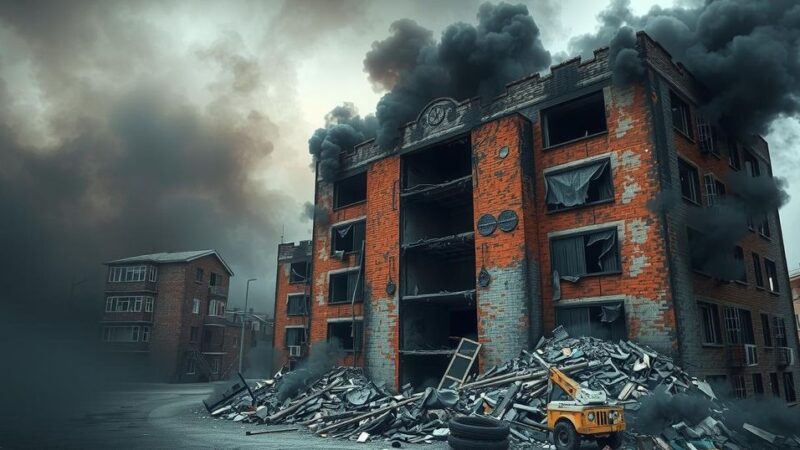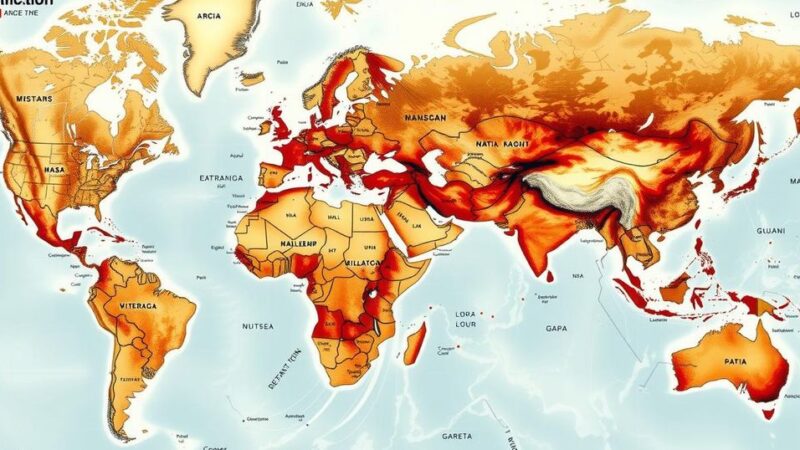Recent U.S. airstrikes in Yemen resulted in 31 deaths, prompting Houthi threats of retaliation. President Trump authorized these strikes and warned Iran against supporting the Houthis. The conflict underscores escalating tensions in the region and potential geopolitical ramifications as U.S.-Iran relations strain further.
In response to recent U.S. airstrikes in Yemen that resulted in at least 31 fatalities, the Houthi rebel group has issued a threat of retaliation. The airstrikes, which occurred on Saturday, caused injuries to 101 individuals according to the Houthi health ministry, prompting the group to announce plans for increased military action.
President Donald Trump stated that he authorized airstrikes on Houthi-controlled areas in Yemen, vowing to employ “overwhelming lethal force” until the group ceases attacks on maritime shipping lanes in this crucial corridor. Following the airstrikes, the Houthis, who are supported by Iran, accelerated their missile and drone strikes, including reported explosions in Sanaa and Saada, a stronghold near the Saudi border.
Houthi spokesperson Nasr el-Din Amer reported that many casualties from the airstrikes included women and children, asserting their continued military operations until the blockade on Gaza is lifted. Concurrently, President Trump issued a warning to Iran to halt its support for the Houthis, emphasizing that the nation would be held “fully accountable” for any actions taken by its proxy forces.
In a statement on Truth Social, President Trump warned Iran to stop supporting the Houthi group immediately, asserting that the U.S. would respond forcefully to any perceived threats against its interests. Meanwhile, Hossein Salami, head of Iran’s Revolutionary Guard Corps, assured that Iran would respond decisively to any threats but clarified that the Houthis operate independently in their strategic decision-making.
The escalating hostility between the U.S. and the Houthi group underscores the volatile circumstances in Yemen, particularly the impact of U.S. military actions and Houthi responses. These developments could significantly alter the geopolitical landscape in the Middle East, with Iran’s involvement complicating the situation further. The tension also reflects the ongoing strain between the U.S. and Iran.
The article outlines the repercussions of recent U.S. airstrikes in Yemen, which provoked Houthi threats of retaliation amidst ongoing conflict and humanitarian concerns. President Trump’s stern warning to Iran regarding its support for the Houthis emphasizes worsening U.S.-Iran relations and the broader implications for Middle Eastern geopolitics. Ultimately, these developments point to an increasingly complex and dangerous environment in the region.
Original Source: in.benzinga.com






